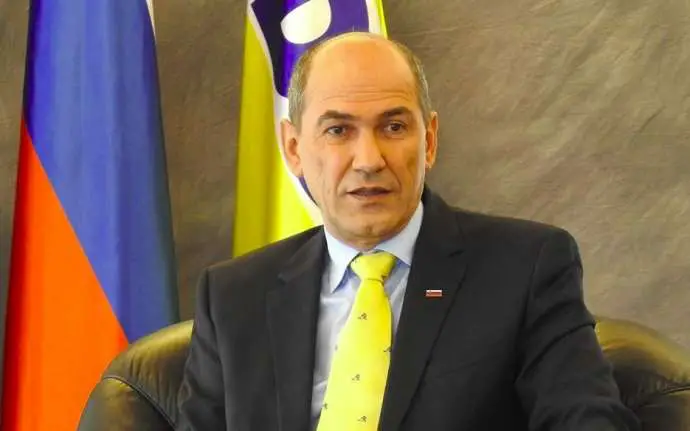STA, 3 February 2020 - The leader of the largest opposition party, Janez Janša of the Democrats (SDS), has invited the other parliamentary parties to talks on a new coalition this Friday, the STA has learnt from several parties.
Janša would like to meet each party separately, and if common ground is found, he would plan a second round of talks for Tuesday, 11 February.
The SDS has also invited the coalition Alenka Bratušek Party (SAB), which today invited all parties but the SDS to form a "project coalition" which would be in office until electoral legislation is reformed.
Meanwhile, outgoing Prime Minister Marjan Šarec's LMŠ party and the opposition Left have already said they would not go to the SDS-led talks.
Friday's talks would try to establish whether the parties have compatible programmes for individual areas, or ministries.
The structure of a new government as well as suitable staff would also be discussed to form what the SDS terms For Slovenia coalition pledge.
In the invitation, Janša writes that Slovenia's greater prosperity is the basic goal after every election.
He believes that by forming a new coalition in this term at least some missed opportunities could be made up for.
Despite winning the 2018 election, the SDS was unable to form a government because it was snubbed by other parties, which Janša termed "irrational policy of exclusion".
He believes obstacles to the country's faster and balanced development should be eliminated, more freedom, security, responsibility and justice should be introduced, order restored in healthcare and strategic answers found to the ageing society. The new government should also help shape European solutions.
Janša stressed that the SDS was probably the only party fully ready for a potential early election.
Nevertheless, a new election could result in a similarly fragmented parliament, which would put it in a similarly difficult situation in terms of coalition-forming.
Janša also noted that by forming a coalition without going to elections would get Slovenia a new government as early as the start of the spring, as opposed to the end of the summer in case of an early election.
Šarec resigned on 27 January, 16 months after his government was sworn in, because he assessed he could not deliver on his promises with the minority government.
Tomorrow, President Borut Pahor is launching a three-day consultation with deputy group leaders on the way out of the current political crisis.






